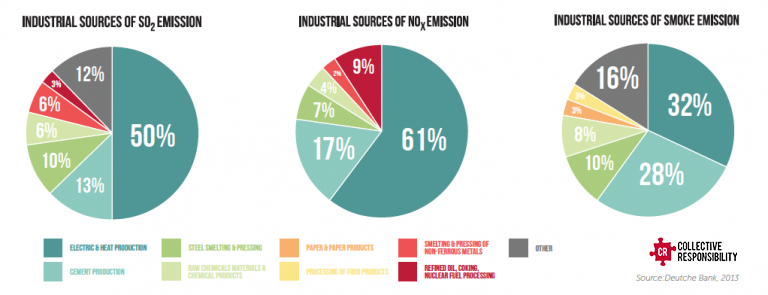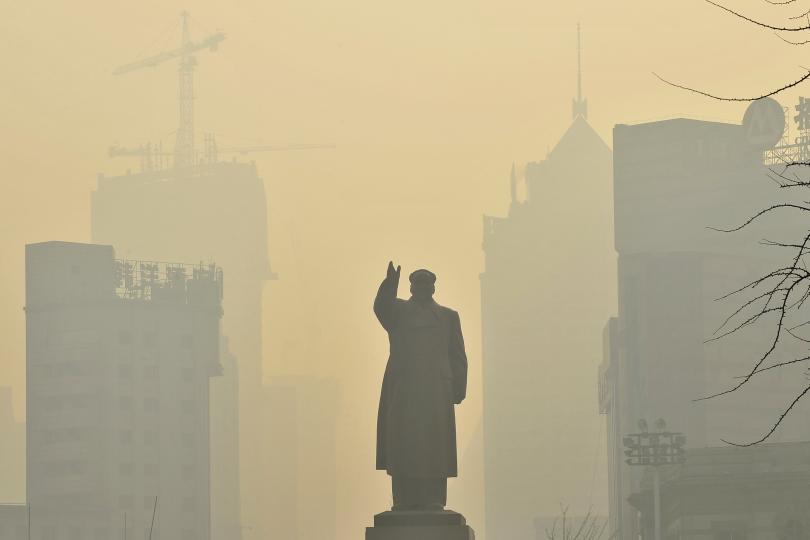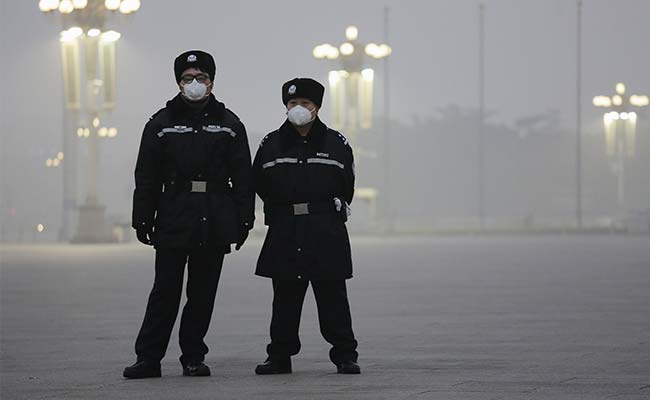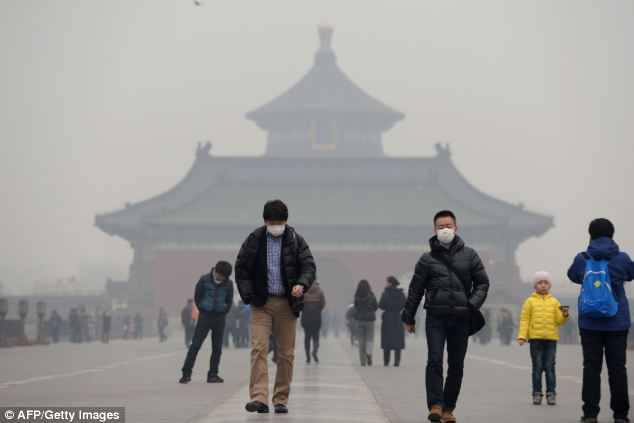With the return of winter bringing fresh reports of smog across a number of China’s cities and talk about how bad things will be this year, last week’s announcement that government officials in Xi’an were arrested for faking air pollution statistics caught our eye.
While the act of falsifying data — or tampering with air monitoring equipment — is nothing new for China, this news was interesting for us in a number of material ways. Though many viewed the scandal as a setback, we see it as another indication of the central government’s desire to develop real, actionable change when it comes to air pollution in its cities — an issue that we have thoroughly covered in past blog articles and in our full report this September.

When looking for the silver lining in this announcement, it is important to keep in mind that the China context is different from that of the West, or even of other East Asian countries, and should, therefore, be assessed in own, unique context. To be fair, it was only a few years ago that the air crisis was seen as an acceptable byproduct of progress.
Since then, government officials have made a lot of progress in enacting laws, increasing fines for violations, and shutting down factories; we are obliged to acknowledge the improvements in air quality resulting from these measures.
But last year’s heavy smog in Beijing, so severe that it even delayed flights and forced airport closures, reminds us that much more needs to be done in China to address and ultimately correct this problem. Especially when you consider that China is still planning to urbanize another 300 million residents in the next couple decades.
With that in mind, here are five key takeaways we believe are important in understanding how this story ties into the necessary broader improvements to China’s governance and accountability.

Real (systemic) changes are required
Unlike in the former smog capitals of the world, such as London and Los Angeles, mere factory relocation is nowhere near as effective a solution to air pollution in China. Unfortunately, as companies transplant factories westward from China’s east coast, wind patterns originating in the western deserts carry pollution on the jet stream back over to the eastern, most populated areas.
So although closing factories and taking cars off the roads will help Beijing, it is not until the surrounding cities and provinces are cleaned up that Beijing will ever sustain blue skies. At the current pace of urbanization, China’s cities will continue to struggle for as long as cities are being developed, even if solar and wind energy use triple.
Accountability is key
While Chinese data has long held and will continue to hold major inconsistencies, the central government’s action on this particular incident shows that accuracy is becoming much more important to China’s leadership. In fact, one of the critical tipping points on this issue was the fact that the central government began investing in reporting stations across the countrywide network and then releasing that information publicly.
Knowing China’s increasingly expectant, informed, and interconnected middle class, pulling the wool over the population’s eyes is not only unacceptable but nearly impossible. This is especially true as residents (and central government officials) have the ability to effectively monitor and act on pollution violations in real-time.

There are going to be cheaters
Given China’s central government’s growing focus on and commitment to air pollution mitigation — and the potential for job promotion if targets are met, or demotion if they’re not — it is not surprising that some officials are going to try and beat the system.
Immense pressure and expectations, at the local, provincial, and national scale, have been placed on these individuals to perform. And, as is inevitable in so many systems of governance, some will reach their target, some will miss them, and others will forge data in pursuit of the bottom line. Remaining aware of this fact is critical for implementing and enforcing meaningful change.
The timing is interesting
One of the most intriguing aspects of this scandal is its timing. Areas of China have enjoyed some of the better air pollutions in recent years, and the summer months always have lower levels of pollution than the winter.
Therefore, from a purely PR standpoint, calling out the dishonest officials was not really necessary — which points to an ulterior motivation: China’s government is taking a stronger, more tangible stance on air pollution mitigation and accountability. And some would argue that the news is simply meant to usher the issue into the forefront of public consciousness in a time when media traction on the topic has been relatively low.

The central government response sets an example for the rest to follow
It is very unlikely that the Xi’an officials are the only ones to have forged data over the past year, but the central government has set a clear precedent of accountability for other provinces and municipalities to follow: Hit the target in a legitimate way, or else. Accountability fosters enforcement.
In the near future, identifying and prosecuting those who attempt to outsmart the system will only become easier as leadership in Beijing makes further commitments to cleaning up the air and further invests into monitoring it.
In this case, it was a group of local officials who were caught and will face punishment, but it is only a matter of time before the government has the equipment in place to identify local polluters — and begin prosecuting them as well.
To find Collective’s other pieces on topics of air pollution in China, check out our Air Pollution Landing Page and Air Pollution Report. Follow us on social media to get the latest updates on new releases, events, and announcements.
